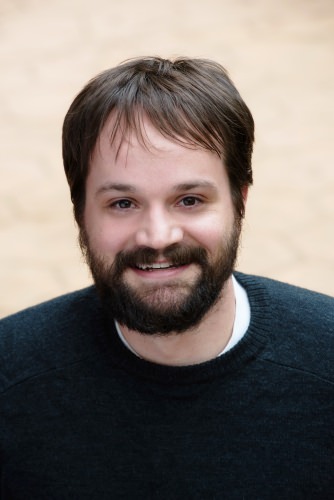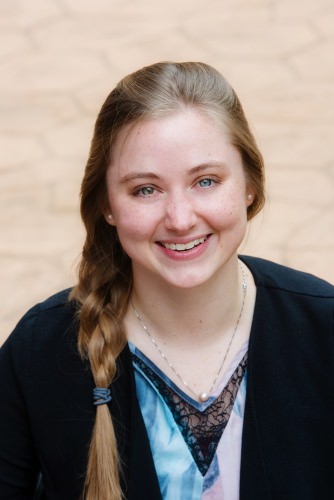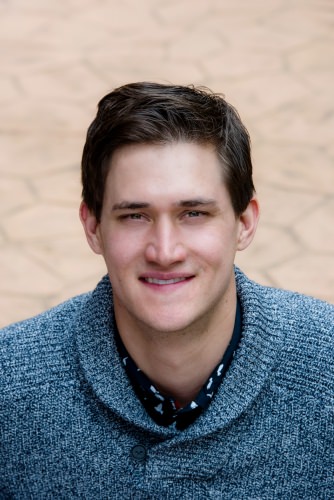Three UW–Madison-trained science teachers awarded fellowships
UW-Madison graduates teaching high school science in Rhinelander, Wauwatosa and Monona Grove are members of the new class of Knowles Teaching Fellowships.
Sean Moore, Sarah Timmler, and LJ Neumann were among 37 members of the 2017 class at the Knowles Teacher Initiative, whose purpose is “to increase the number of high-quality high school science and mathematics teachers with the ultimate goal of improving STEM education in the United States.”
“Knowles Teaching Fellows go through a thorough application and interview process that evaluates their potential to further develop their content knowledge needed for teaching, teaching practice and teacher leadership,” says Jeff Rozelle, director of programs at Knowles.
“Sean, LJ and Sarah rose to the top throughout this process and we’re incredibly excited to be supporting them in their careers over the next five years. We think they can make a real difference improving science education for all students in their classrooms, schools, districts and the state of Wisconsin.”
Moore is in his second year teaching at Rhinelander High School. He earned a bachelor’s degree in chemistry and a master’s in curriculum and instruction at UW–Madison. A native of Barrington, Illinois, he worked in the pharmaceutical industry before becoming a teacher.
“When something clicks with the students, the students are the ones coming up with ideas: ‘Mr. Moore, what if we change this?’ Instead of me saying, ‘Sorry, stick to the procedure,’ I say, ‘Let’s try that.’ I’ve had kids practically doing engineering, cutting apart cans I use for an air pressure demonstration. That puts them in the driver’s seat.”
“When I decided to go back to school and become a teacher, I was attracted to the accelerated education program at UW–Madison. If I wanted to jump, I wanted jump all the way in.
“What I was taught in Madison was a philosophy of real learning. No other learning in your life looks like lectures, notes and problem sets. We learned to think about ourselves as humans interacting with each other and figuring out how we generate patterns, that we are all scientists. I bring that philosophy to the classroom.”
Timmler, a Wauwatosa native, is in her second year teaching science at Wauwatosa West High School. She has a bachelor’s degree in biology and a master’s in curriculum and instruction from UW–Madison, and did field work tracking the distribution, density and reproduction of California spotted owls.
“I’ve had to learn ways to make science more engaging, to meet the level the students are at, to modify things so they are more accessible,” she says.
“I can get lost in the details of daily planning and teaching. Being in the network of educators through Knowles reminds me to slow down and analyze what I’m doing, why I’m doing it, and how it impacts student learning.
“My professors at UW–Madison started us thinking about how we know what we know. They introduced us to different approaches, and focused on teaching in ways that are authentic and meaningful to the students, that make it applicable to their lives.”
Neumann has started his first year teaching chemistry at Monona Grove High School in Monona. A native of Racine, he has a bachelor’s degree in wildlife ecology from UW–Madison, where he was a Biocore Outreach Ambassador.
“That opportunity opened my eyes to the possibility of being a teacher,” he says. Neumann taught as a City Year Corps member in Milwaukee, and worked as an environmental educator in Mukwonago.
“What’s valuable for me is being able to help students understand how to think critically, skeptically, and be literate in the scientific sense, so when they hear about a new study that correlates something random with an increase in cancer, they can make a determination based on the evidence, rather than swallow it whole.”
“The Knowles Fellowship helps me think about how can I engage students in the lab experience, to align what they are doing with what real scientists do. It helps me make the labs more meaningful and relatable to them.”



